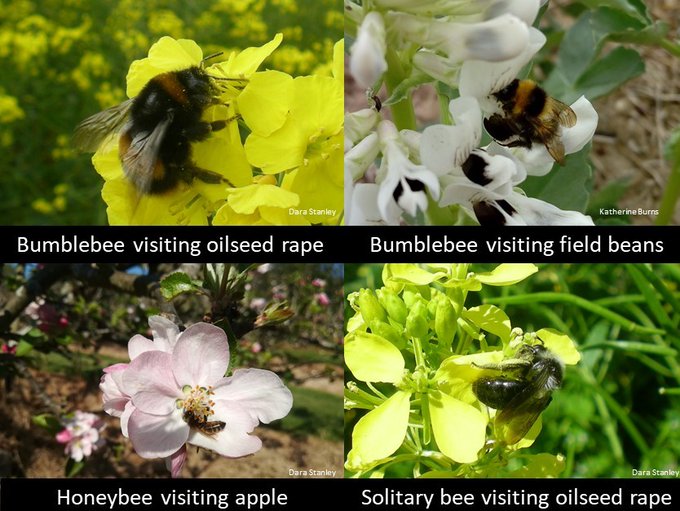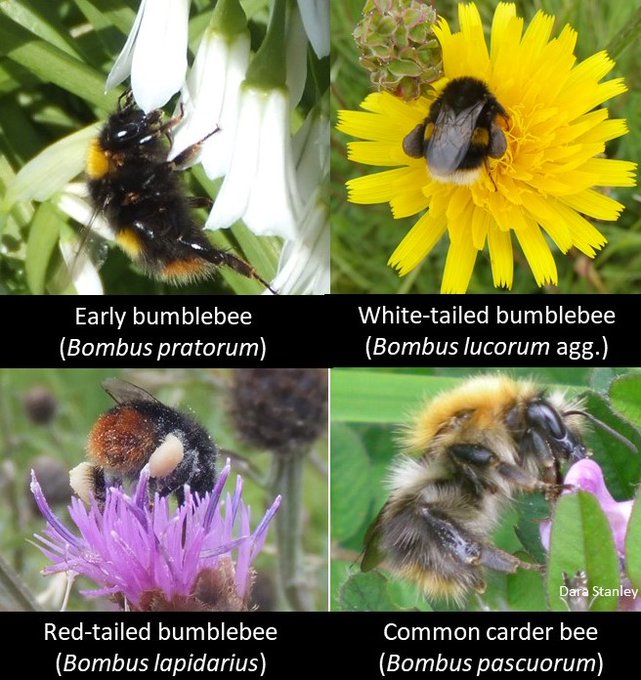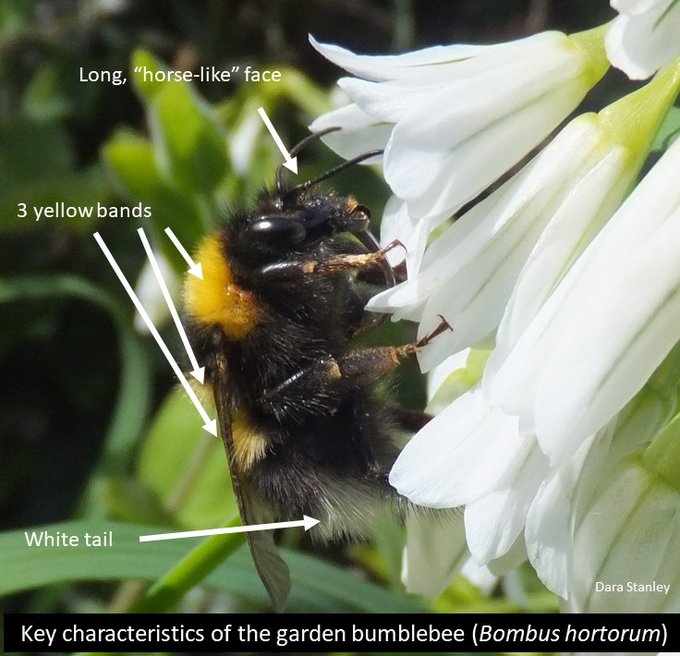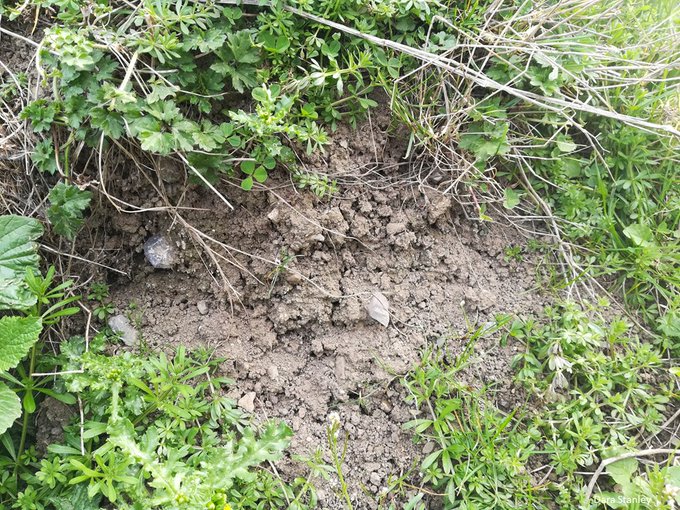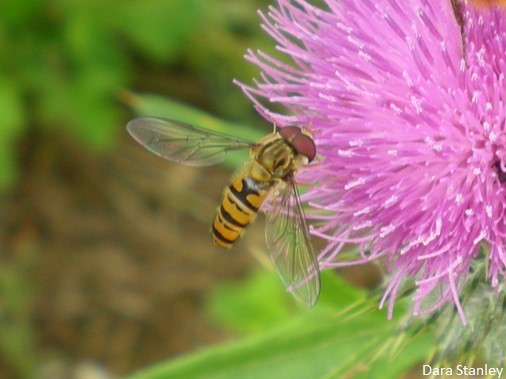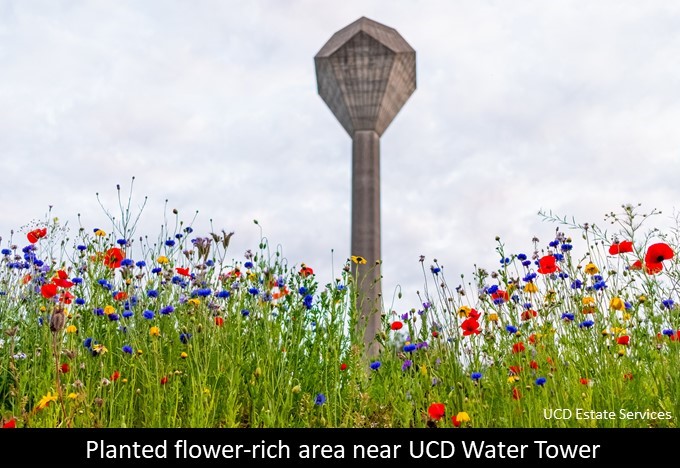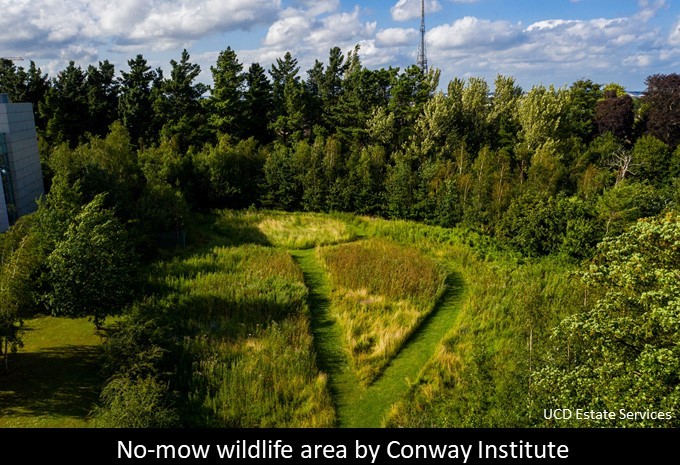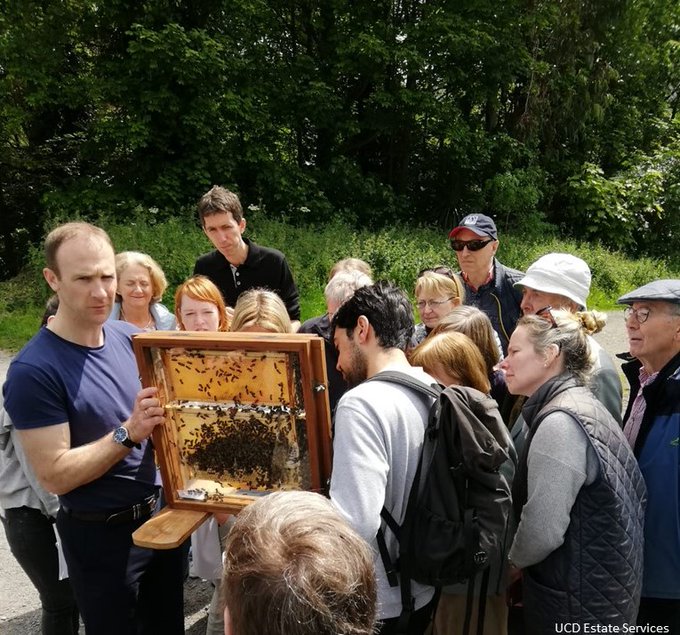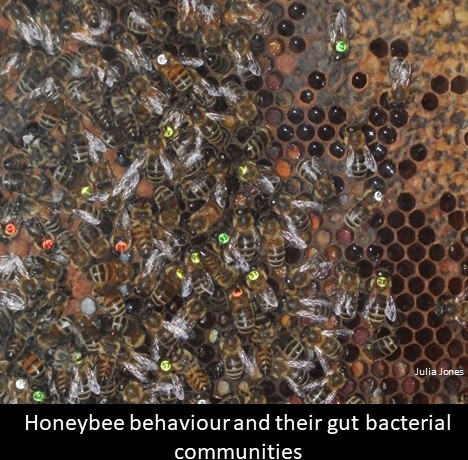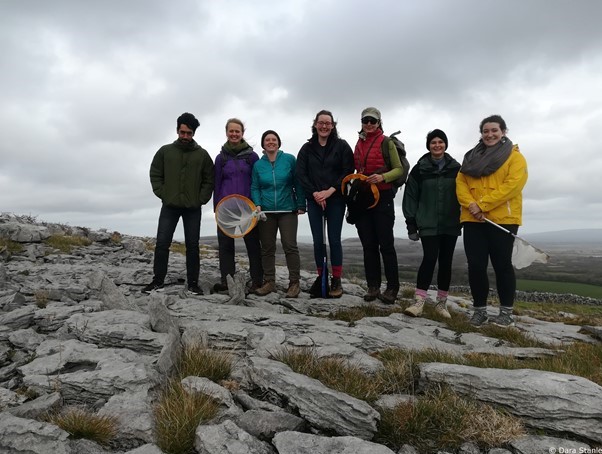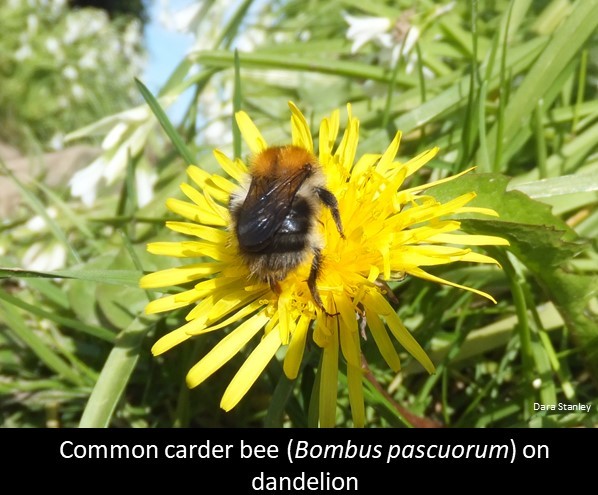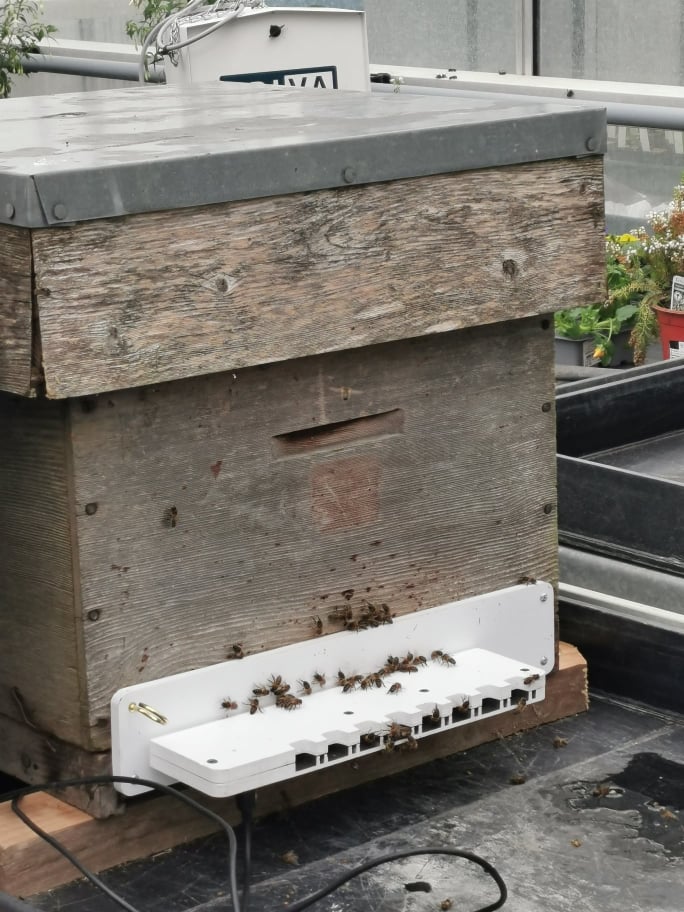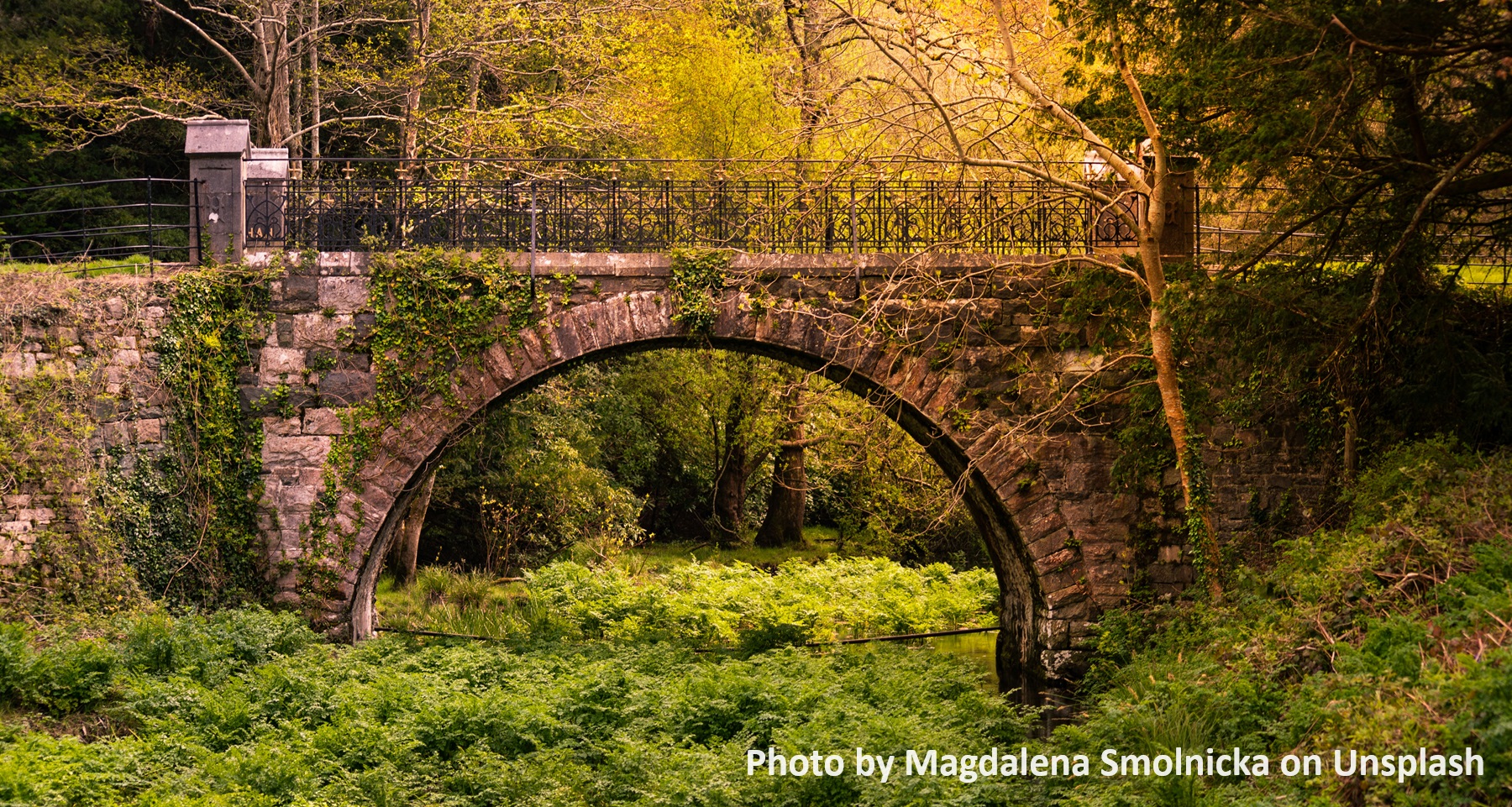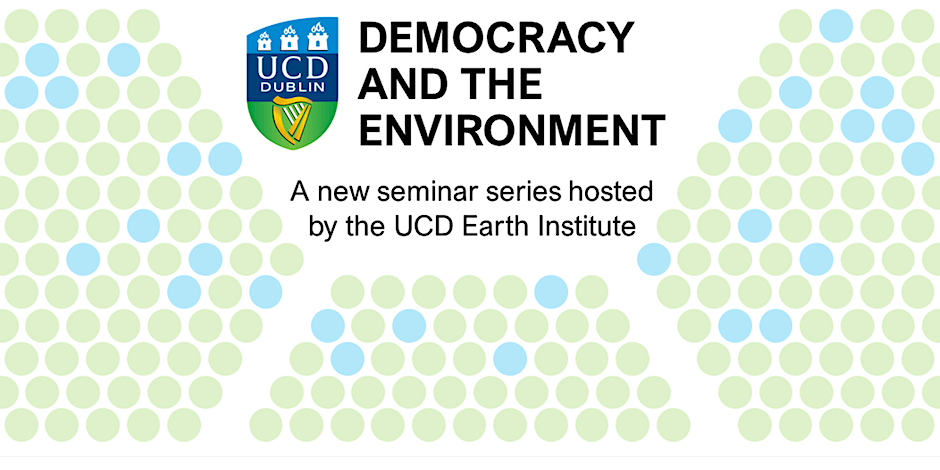Celebrating #WorldBeeDay2020 and led by Dr. Dara Stanely, this #UCDEarthWalk explores all of the bee-related research and teaching happening at UCD. From the Rosemount apiary to the pollinator ecology research taking place in UCD School of Agriculture & Food Science, the campus is a hive of activity!
World Bee Day 2020
May 20th 2020 marked #WorldBeeDay, and with 20,000 species of bees globally, and 99 in Ireland, there is lots to celebrate! Join us on a virtual walk through bees on UCD campus and the bee-related research and teaching we do!
#letsmakemusic To mark #worldbeeday today, Karl Sweeney performs Flight of the Bumblebee. To find out more about Ireland's 99 bee species check out https://t.co/3Fy5sAvAa1. @PollinatorPlan @BioDataCentre @UCDEarth @JaimeMartin17 @RTElyricfm @RTE_Culture #stayathome pic.twitter.com/eoRU2MOYA7
— RTÉ National Symphony Orchestra (@RTE_NSO) May 20, 2020
Bees have had a long history of relationships with humans, and have also been interwoven with society, arts and culture. For example, here’s the “Flight of the bumblebee” by Rimsky-Korsakov composed as in 1899 as part of his opera “The Tale of Tsar Saltan”
Did you know that 75% of the crops that we grow globally benefit from pollination by bees and other insects? While some bees are managed, most pollination is carried out by wild insects found naturally in agricultural areas. Above are some different bees pollinating crops in Ireland!
UCD Rosemount Environmental Research Station is home to an apple orchard, used for both research and teaching. Apples rely on insect pollination to produce fruit. Here are Katie Burns, Tara Dirilgen and Arrian Karbassioon researching pollination of apples as part of the SUSPOLL Project and more!
In Ireland we have 21 bumblebee species, 77 solitary bees and the honeybee who are involved in both crop and wild plant pollination. On UCD campus alone, we have recorded 7 bumblebee species (see 4 above) as part of a monitoring scheme run by UCD Estate Services!
Bumblebees can be identified mainly by their colour patterns. An important first step is to look at their tail - is is white, red, brown/buff etc? For more information on identifying bumblebees (including a free online course!) see the National Biodiversity Data Centre's dedicated Bumblebee monitoring scheme!
Bumblebees and honeybees both live in colonies...but solitary bees make their own individual nests. In Ireland, most nest in the ground and there are plenty of solitary bees nesting around UCD in earth banks and bare soil, such as this bank at UCD Rosemount!
Flowers have adapted a whole host of ways to attract bees including colour, scent, shape...some flowers such as this bee orchid even produce the pheromones of female bees causing male bees to try to mate with them resulting in pollination!
And when we talk about pollination it’s not all about the bees…. other groups such as flies, beetles, moths and even wasps are also important pollinators of crops and wild plants! Here’s the marmalade hoverfly Episyrphus balteatus visiting a thistle. Its larvae eat aphids too…
Unfortunately many bee species are in decline in Ireland and globally. UCD Estate Services are working to implement a campus pollinator plan to create more habitat for bees (https://ucdestates.ie/green-campus/biodiversity/ucd-campus-pollinator-plan/)
We have recorded most bumblebees in wild areas of UCD campus that have not been mown to allow wild plants to flower (such as the wildlife area beside the Conway Institute pictured above), and in areas specifically planted for pollinators such as the Chess Garden.
Teaching at both UCD School of Agriculture & Food Science and UCD School of Biology & Environmental Science includes subjects around bees. Here’s Brian Tobin displaying the honeybees from Rosemount during the #WorldBeeDay campus walk last year (when we were still allowed to interact!)
At UCD, we also have a lot of active research on bees. Julia Jones has recently joined UCD School of Biology & Environmental Science and is interested in evolution, ecology and adaptation in bees, and also bee health and behaviour.
At UCD School of Agriculture & Food Science, Dara Stanley and her research team are interested in bee and pollinator ecology, conservation, behaviour and interactions with agriculture. Check out the SUSSPOLL Porject and the PROTECTS Project for more about this research, or see https://www.stanleyecologylab.org/.
If you are interested in finding out more about Irish pollinators, or doing something in your garden or local community to help bees and other wildlife, check out the excellent, evidence-based ideas and guidance from www.pollinators.ie.
Thanks for joining us to celebrate #WorldBeeDay! Why not get out and see what bees you can spot in your park or garden?
Compiled by Dara Stanley, with input from UCD Estate Services, Julia Jones, UCD Green Campus, Brian Tobin and UCD Earth Institute

